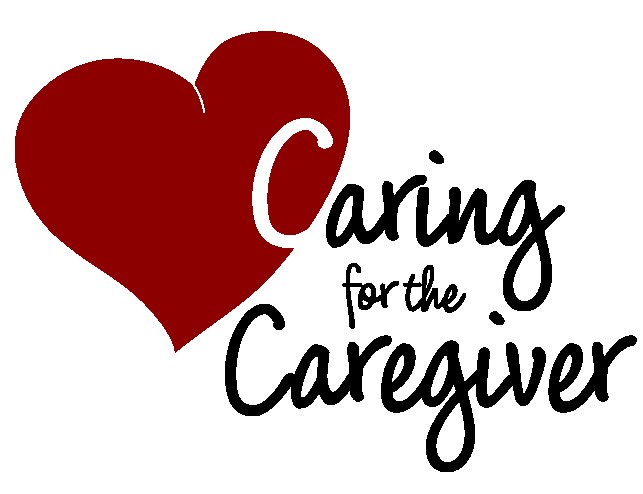Caregiver stress, aka Caregiver Fatigue Syndrome or Caregiver Burnout, is the byproduct of the countless responsibilities, physical demands, strained time and rollercoaster circumstances that come with the turf. And, since many caregivers consistently put others before themselves, if not addressed, this stress will only snowball.
It’s like the airplane oxygen illustration: Before you help others assemble their masks, you must first ensure you have your own. In this regard, before a caregiver can expect to offer their loved one in a wheelchair or loved one with a disability the best care, they must first take care of themselves.
Any imbalance, and the quality of care for your loved one can decrease while your personal stress and fatigue begin to climb.
Physical Symptoms
Many outsiders don’t realize what it takes to be a caregiver. Unless they’ve been in a similar situation, it’s hard to grasp the physical strain of all the lifts and pulls. Transport has been simplified with the help of mobility vehicles, but there are still the routine transitions from bed to bathroom to dinner and then back to bed. Caregiving is hard work.
If you experience any of the following symptoms, you may have caregiver burnout:
● Decrease in overall energy
● Decrease in immunity (subject to more frequent colds/flus)
● Inconsistent sleep patterns
● Chronic back and/or joint pain
● Weight gains
Emotional Drain
In addition to the uncertainty of medical circumstances and the rollercoaster ride that your loved one may be experiencing, it’s not uncommon for a caregiver to feel alone or assume that nobody understands their situation. Activities and hobbies that once brought you joy may be sidelined to your responsibilities and the constant championing of your loved one might not leave much room for your own pursuits.
You may experience:
● Irritability and frustration
● Difficulty relaxing
● Impatience
● Feelings of hopelessness and helplessness
● Dissatisfaction
Mental Exhaustion
Scheduling, logistics, medications and meals — caregivers are the gatekeepers, chauffeurs, advocates, cooks and everything in between for their loved one. There are too many moving parts to name. It’s no wonder things begin to get mentally draining.
Mental exhaustion may be exhibited through:
● Difficulty concentrating
● Feelings of confusion
● Periods of tunnel vision
No matter the symptoms, caregiver fatigue is a serious concern and you are not alone. Don’t buy into the idea that you’re the only caregiver facing these challenges.
If high-quality care for your loved one tops your list, remember that the best starts with the best you.

